

Articulating the phenomena of nature, in fabricating narrative from different dimensions of time and layers of emotion (viscerally felt or unconsciously absorbed) more often than not finds expression in gobbledegook (more words and fussier interpretations than necessary) but when a casserole of impressions can create form in paragraphs and words fittingly tailored as poetry or prose, or inner visions articulated into harmonious forms of architecture, there is no arguing. The above illustrations are from a book attempting to express Vivaldi’s swirling drama of The Seasons with words and pictures and was just one example among many dozens of interesting picture books for adults at the Mantua Literary festival. I admired the artist’s courage, wit and elan in conveying her response to the elusive art of sound through line and colour which managed to resonate with the composer’s art. The range of books, the literary and musical events in the festival programme was awe inspiring. The Mantua Literary festival, like the Oxford Chamber Music Festival, was celebrating its 20th anniversary and it felt genuinely joyful, carrying a sense of community and participation by almost every business and family in this small and exquisitely formed north Italian city. The patterning of paving stones, the soaring Renaissance buildings and spacious palazzos of the traffic free inner city provided a repository of aesthetic and hedonistic delights, designed to please the soul and body.

“Let me choose your dinner for you”, said a kindly man called Rosario who had seen me wandering aimlessly looking for a restaurant called La Cucina somewhere in the narrow alleys He gallantly offered to take me there. He was an ex army officer, a little coy about his former designation and my conspiracy prone mind immediately brought the word “Intelligence” to the fore. He was visiting Mantua with his family for a cure. He looked over the menu, handed to him by a snooty waiter (unusual, as most waiters who served me in other establishments were the epitome of charm). “I can suggest donkey meat or pumpkin ravioli”, he proclaimed. “Donkey meat is a Mantovan specialty and I think you will like it.” I chose ravioli of course, which was delectable. In return for his kindness I recommended my friend Sally Bayley’s book, No Boys play Here, for which she was enthusiastically cheered by an audience of 500 plus, cosily sheltered from a thunderstorm under a large white marquee. Rosario took down details and almost immediately started a correspondence with Sally via Whatsapp, thrilled to be in touch with a real live author. “I cannot believe it” he kept saying. “I have only read Shakespeare and other writers who are dead.”
Sally’s writing is hard to pigeonhole, being a mixture of poetry, literary allusion, fantasy and memory; yet her beautiful modernist prose is embraced by Italian readers (in an excellent translation) courtesy of her enterprising Italian publishers Clichy. Clichy, a husband and wife team who specialize in literary writing, and they along with Marella (the manager of the festival) made enormous efforts to make us both welcome and comfortable.


The huge variety of events on offer to Italian book lovers was exhilarating, from concerts and talks to happenings. (William Dalrymple, John Banville and Ben Okri were seen going in and out of the book tent, like many anxiety-prone writers checking the placement of their titles) The small city was buzzing, with full restaurants, long queues at the gelato seller, crowded thoroughfares. Chiara, the literary divinator had photocopied pages from her favourite reads (including No Boys Play Here ) which were suspended with clothes pegs on a revolving stand. Her clients stood inside a hula hoop while Chiara twirled the stand till it was halted by the client’s hand, after which she read the destined page and closed her eyes to deliver a witchy personal divination for the open mouthed delight of teenage girls hoping for magical insights to their half-known desires. Everyone, especially the true book lover, longs for order from chaos: explanations, directions, guidance, narrative from the confusing undergrowth of their lives. This is the secret quest of readers, of whom there are seemingly more in Northern Italy than in Britain.

Sally reading to an enthralled audience at the Rovereto bookshop
At one point I slipped away on a quest to find the atelier of the 18th century luthier, Balestieri. I first rang the bell at the office of the Mantova String Quartet and explained I was looking for the workshop of the man who made the violin played by my daughter, the founder of the Oxford Chamber Music Festival. “You mean Priya Mitchell?” cried the young woman, at which point goosebumps ran up and down my spine. “Yes of course we know of her. Please send her our regards.” Alas, the last luthier in Mantova had packed up and left for Cremona- much more celebrated for its violins- during the pandemic, but I managed to locate the district, with its whiff of drains, and drink a coffee in a nearby cafe. The coffee was served by a genial bon viveur who brought a small saucer of pickled sweet melon rind with a sliver of cheese so I could taste a local delicacy.

There was discernible grace and energy in the streets of Mantova. Fat Punjabi ladies scurried along with phones glued to their ears. Immigrants from every corner of the world seemed to blend in a much easier way than seen in urban Britain. Perhaps there are fewer of them, or they prefer to fit in and become part of the scenery. It was all uplifting and a painful reminder of the idiocy of the British in opting out of Europe to create nonsensical barriers to free travel.
Sally and I were staying at the pensione owned and run by a descendant of Baldassare Castiglione, the 16th century courtier who wrote The Book of the Courtier, a book about manners, comportment and philosophy. It was dedicated to the Duchess Elisabetta Gonzaga, whose family included a saint, twelve cardinals and fourteen bishops. John Banville, the Irish writer (The Sea, the Sea) was a fellow pensionista and I missed the chance to tour the Gonzaga Ducal palace with him and his partner. The palace houses a painting of “The Trinity Adored by the Gonzaga Family” by Peter Paul Rubens. Instead I had a nice exchange with the Ghanaian cleaning lady called Gertrude who said that Senor Castiglione, her boss and owner of the pension and next-door cafe, was a most considerate employer. We had lovely rooms, but the stair carpet on the grand marble staircase curled up like a hobgoblin in wait for the unwary, especially in the dark.

I have been to a few literary festivals- Jaipur, Hay, Oxford- which give off a kind of frenzied energy which reminds one of the commercial drive behind the high-minded facade. I suppose because I had free entry to events, was being treated like a privileged visitor and in a state of near ecstasy over my environment, I thought Mantua had a definite edge over the others.
















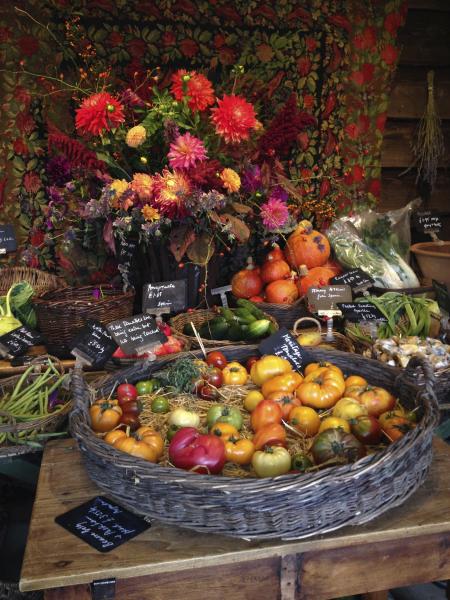
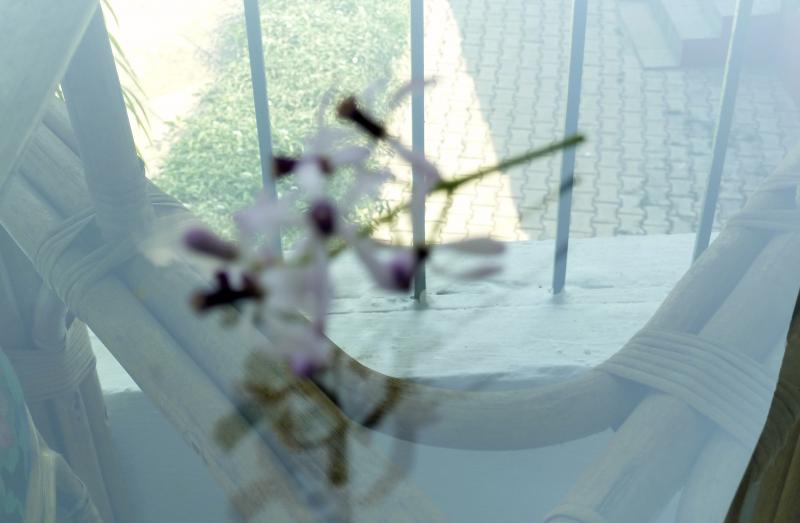

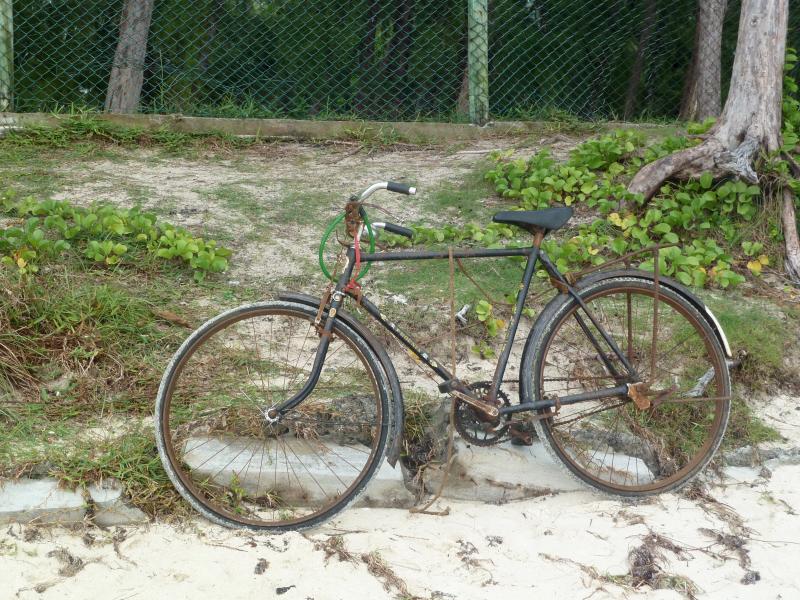
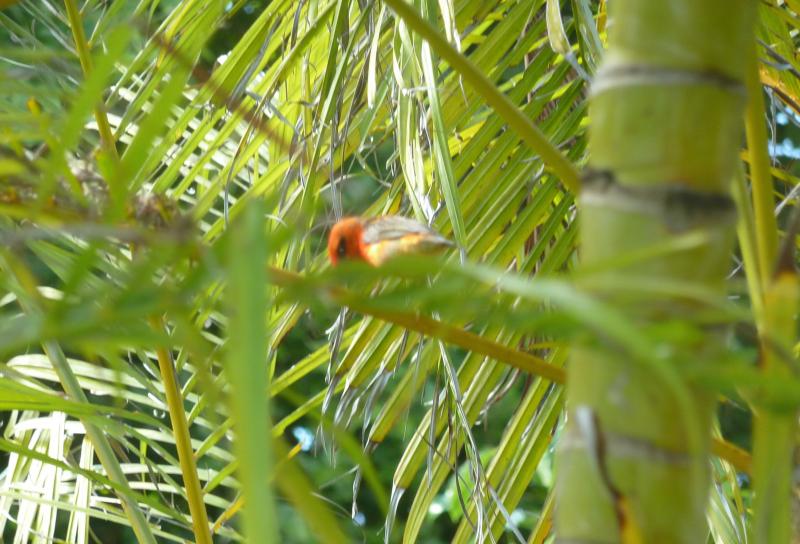
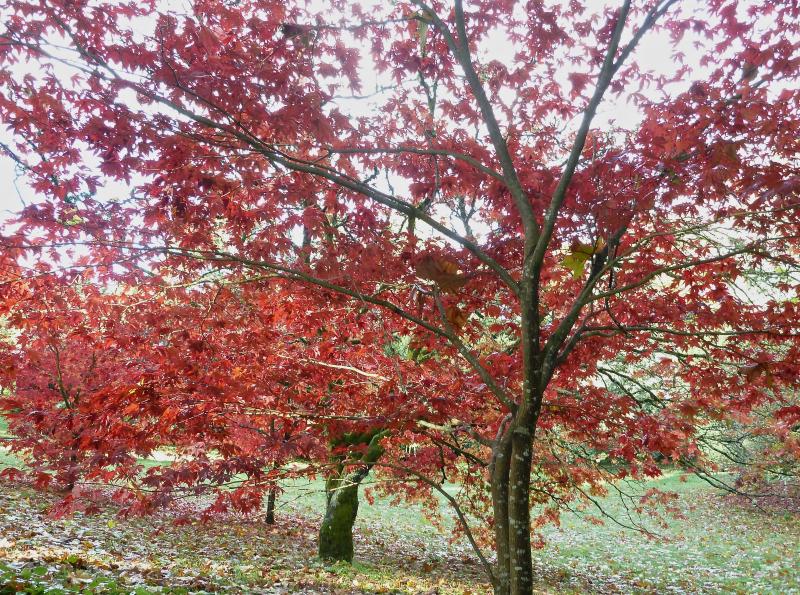




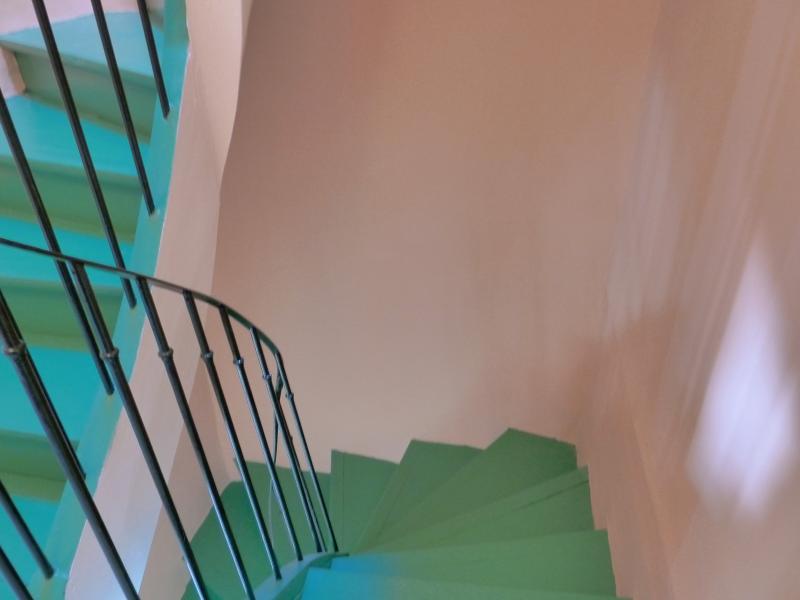

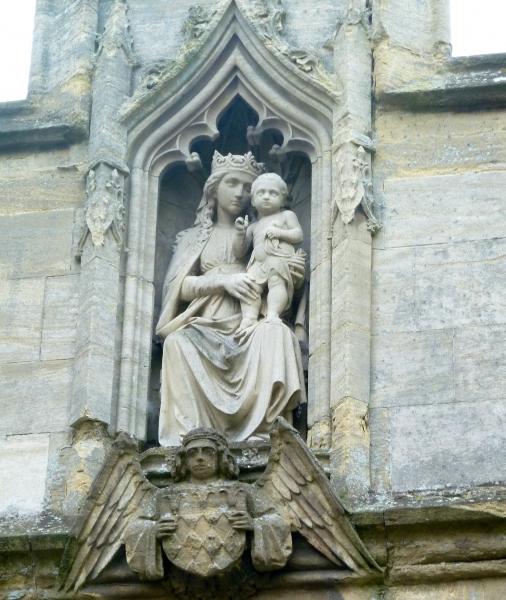

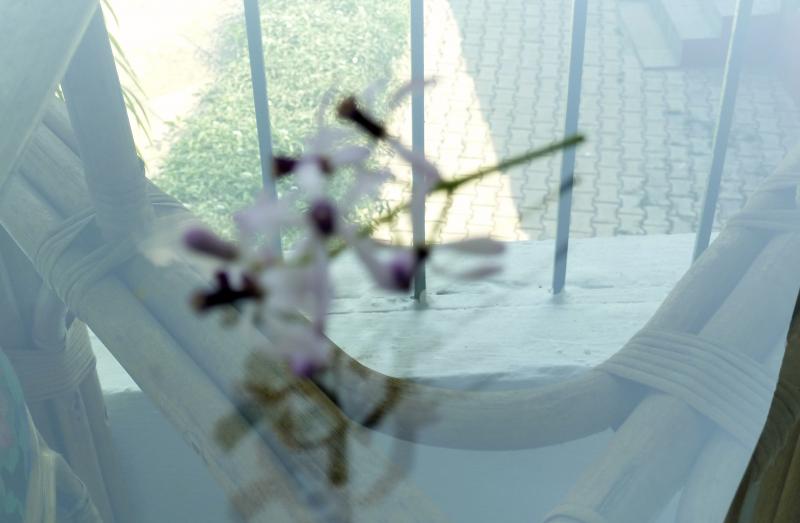
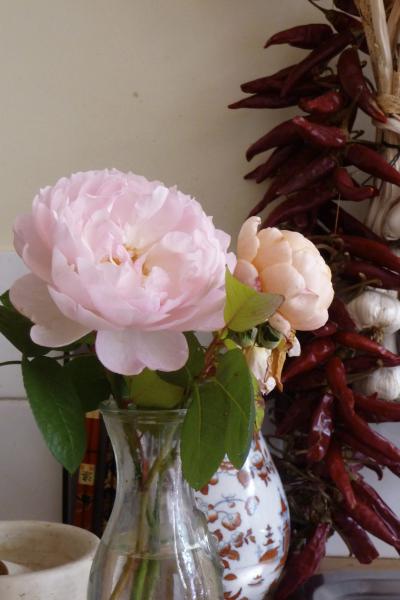

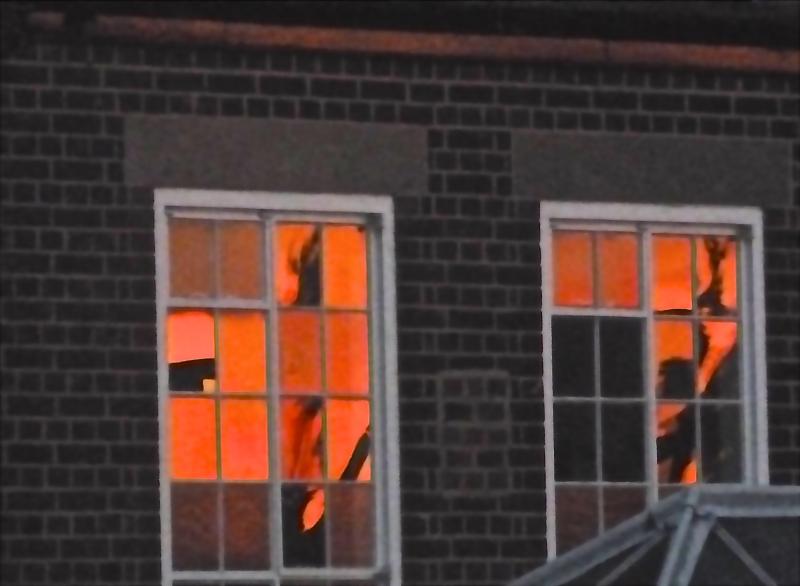
Thank you for this beautifully written insights on the literary festival in Mantua – and the town and environments you visited! As the reader I felt as being there with you, enjoying the atmosphere in the city and the spirit of the festival!